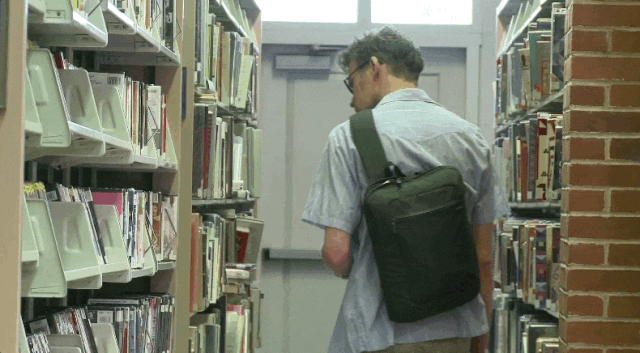
While literacy is defined as the ability to read and write, it goes well beyond these basic abilities to include knowledge and social development.
On September 8, International Literacy Day was observed around the world. Decided by UNESCO (The United Nations Educational, Scientific, and Cultural Organization), this holiday is celebrated to remind everyone of the importance of literacy for individuals and communities. Most significantly, it strives to advance efforts for more sustainable societies by making positive and lasting connections between “literacy and technical and vocational skills in policies, practice, systems and governance”.

International Literacy Day is often celebrated in empowering ways. People volunteer in local libraries, reading clubs, and storytelling groups to inspire others through reading. They also donate to charities that want to help eliminate illiteracy through reading and writing as well as provide teaching and learning resources. Perhaps the most endearing way to honor the holiday is to give someone a book.
As International Literacy Day each year calls on policymakers, advocates, and others to take action, it is the responsibility of everyone to continue this effort and beyond just reading and writing. Literacy is the foundation of knowledge in all areas.
For example, there is a need for water literacy and learning about water quality and watershed health. While most people know the benefits of water, they are not fully aware of its value, scarcity, and need for more efficient use. Water literacy educates people about water sources, clean water systems, the importance of water management and preservation, and the necessity for water sustainability.

Learning about water quality leads to understanding the suitability of water for drinking and other uses based on certain physical, chemical, and biological characteristics. Knowing about watersheds (the land that drains to a particular stream, river, or bay) is just as important. Specifically, when they are healthy and functioning well, they provide nutrients, clean water, and habitat for plants and animals. They move sediment from mountains to beaches and bays, creating diverse landscapes and environments. They purify and store water, and even affect air quality by absorbing pollutants.

Life Solutions understands the importance of water literacy and continues to provide educational presentations and seminars that broaden knowledge for organizations, charities, schools, and social enterprises about water quality and efficiency in the Asia Pacific region as well as the global pollution caused by the plastic bottle industry.
As they continue to deepen their understanding of water risks and scarcity, they continue to share their knowledge with businesses, suppliers, volunteer organizations, and the public. They believe the more they educate about transitioning to clean and healthy drinking water through environmentally friendly solutions the bigger impact they will have.

It is their ongoing contribution to literacy, to advance efforts for more sustainable societies, and to help make a difference.

At Life Solutions, we continue to deepen our understanding of water risks and scarcity, and to share our knowledge with business and residential clients, staff members, suppliers, volunteer organizations, and the general public across China.
This is one way we live our mission of inspiring China’s transition to clean and healthy drinking water through outstanding customer service and environmentally friendly solutions.
Pics From:Envato element



